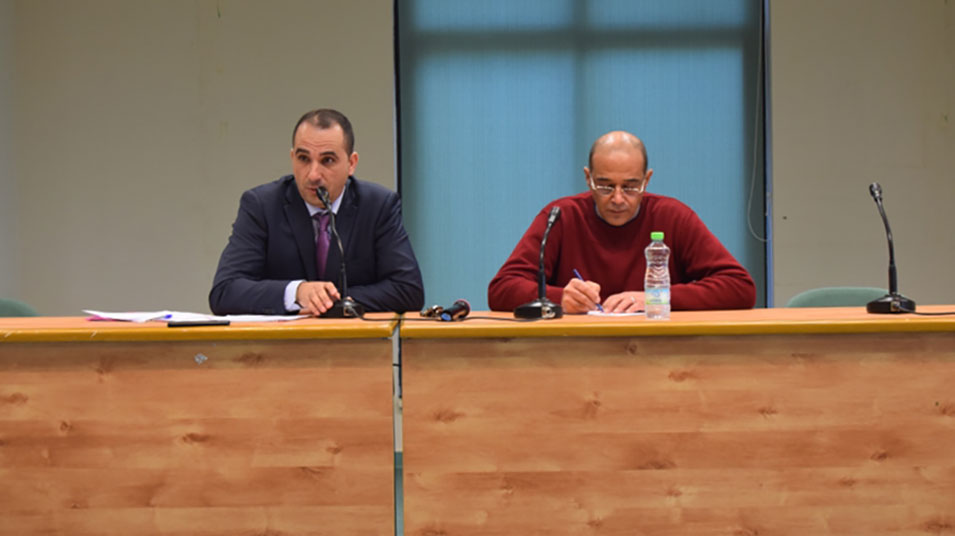Lecture provides contextual understanding of Tunisian revolution’s success
Hani Mousa, an assistant professor at the Department of Political Science at Birzeit University’s Faculty of Law and Public Administration, examined the Tunisian revolution of 2010 and evaluated its relative success, in comparison with other Arab countries, in a lecture organized by the department on December 2, 2019.
Mousa pointed out that Tunisia is considered an important model case for democratic transitions elsewhere in the Middle East. Tunisia, according to Mousa, stands out among Arab countries, as it managed the transformation from autocratic rule after the Arab revolutions have deep roots in history.
Via legislative mechanisms, Mousa explained, Tunisia, after it had been liberated, championed women’s rights and promoted gender equality; it laid the foundations for competent institutions that promote education and culture. Nevertheless, Mousa added, the country has a long track record of economic mismanagement, lack of trust in public institutions, and high rates of corruption.
Mousa concluded the lecture by analyzing the latest parliamentary and presidential election results. He stressed that they show that Tunisians are in a desperate need for change. Voters’ refusal to reelect the officials who in the past have not been able to solve Tunisia’s social and economic crisis explains, according to Mousa, the dwindling roles of the moderate Islamist Ennahda Party, the secular Tahya Tounes party, and the Nidaa Tounes party.







